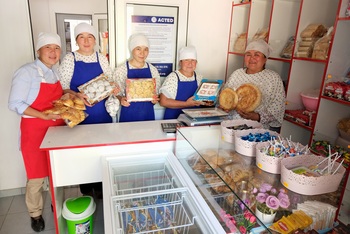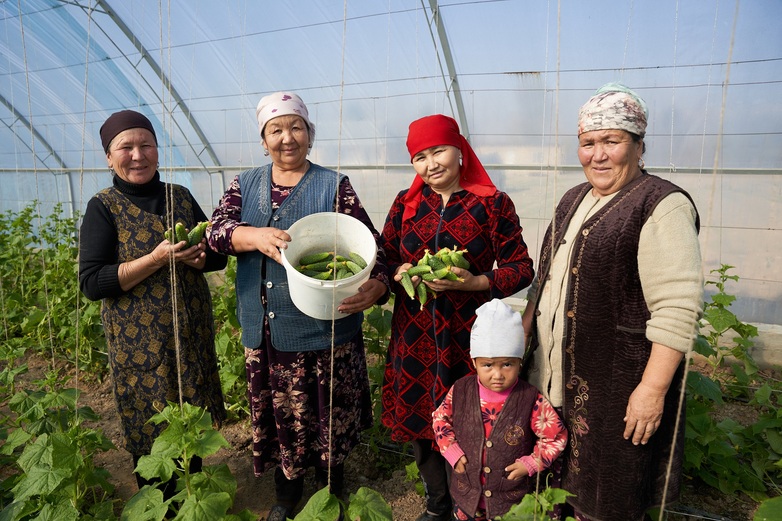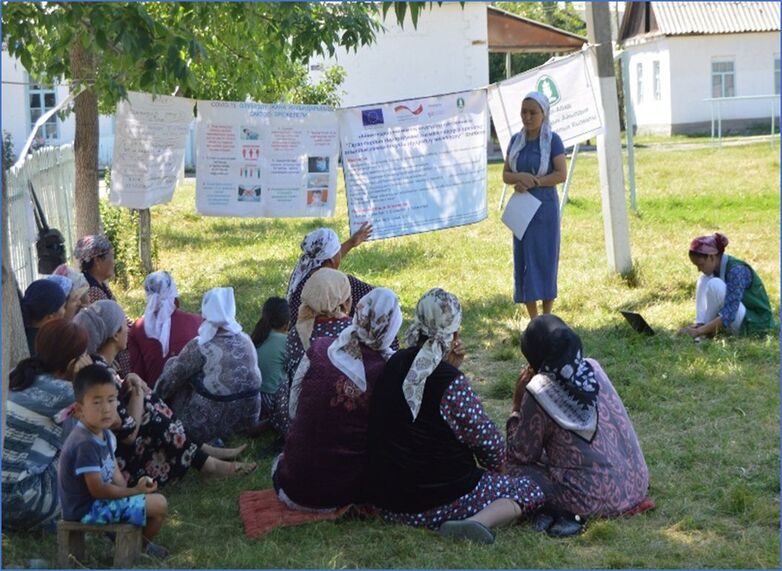Improving the livelihoods of the population in Southern Kyrgyzstan through integrated rural development
Rural development in Southern Kyrgyzstan; Integrated Rural Development Programme
-
Commissioning Party
Federal Ministry for Economic Cooperation and Development (BMZ)
-
Cofinancier
European Union
-
Country
-
Lead executing agency
More
-
Overall term
2018 to 2024
-
Products and expertise
Rural development

Context
Jalal-Abad is the fourth largest province by territory and the second largest by population in Kyrgyzstan. 78 per cent of its residents live in rural areas, 43 per cent are poor. Rural households generate income from agriculture, tourism, small entrepreneurship and remittances. Due to low productivity and small land plots and the low visibility of touristic spots, agriculture and tourism contribute little to economic well-being. Few farms and guesthouses are integrated into national and international supply chains. They do not have access to modern services, technologies and marketing, and they lack efficiency and quality in production processing and tourism services. Nevertheless, the region does have potential to thrive by better exploiting its agricultural and tourism assets.
Objective
In Jalal-Abad, the population is gaining more income opportunities, particularly in agriculture and tourism.

Approach
The project aims to:
- Increase competitiveness in sectors that have potential to generate higher income. This is to be achieved through better cooperation within agriculture and tourism, as well as their integration into national and international supply chains.
- Improve availability of services in rural areas, including advisory services, agricultural inputs, quality control, processing, services for guest houses, market information and marketing. This will have a positive effect on the quality and quantity of agricultural and touristic products.
- Enabling local governments to include civil society and the private sector in planning social and economic measures using public-private dialogue. Local governments learn to budget and implement these measures, which leads to improved socio-economic development and better services for civil society and the private sector.
The project is co-financed by the European Union.

Last update: May 2023






